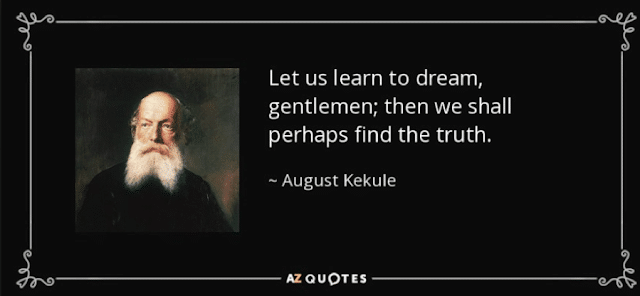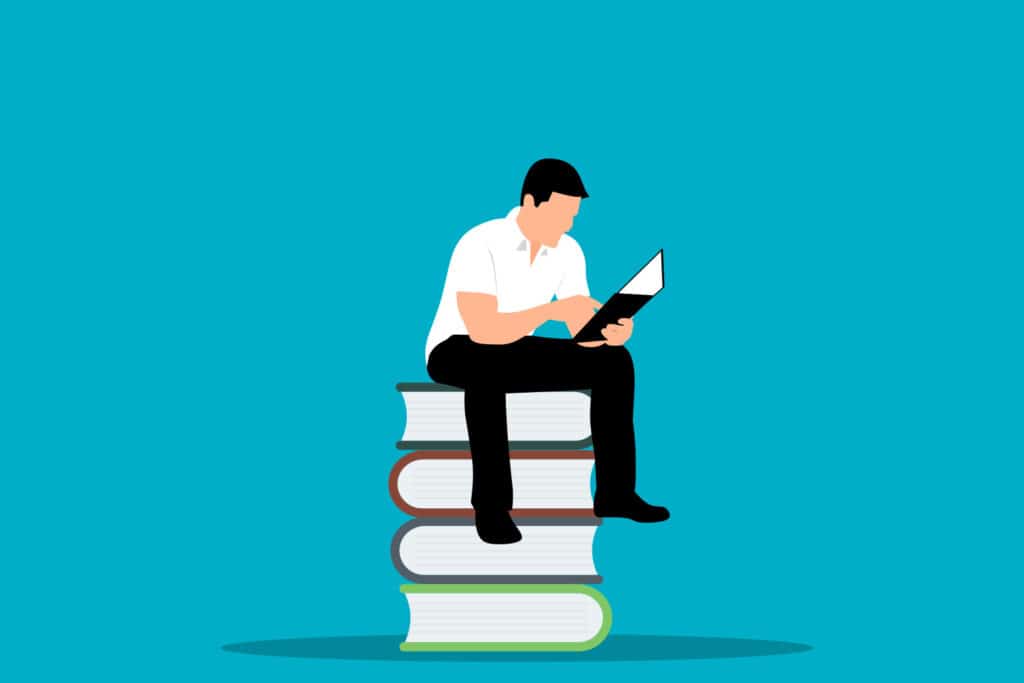The inability to relax and incubate an idea is an understandable one is a busy world. It even been called a ‘common emotional block’ (James Adams, Conceptual Blockbusters). And it’s important because there is general agreement that the unconscious plays a significant role in problem solving. Everyone has had the experience of having the answer to a problem suddenly ‘appear’ in his or her mind. One maddeningly familiar phenomenon to me, anyway, is the late answer to an important problem. I may work four days or weeks on a problem, complete it and turn to other activities; then at some seemingly random point in time a better answer just pops up in my mind, for no obvious reason. Since the original problem was often finished at a time to suit a deadline (rather than my cognitive comfort) this new and better answer only serves to annoy me that I did not think of it sooner! But the better answer came straight from the unconscious as a result of incubation process it was coming through, and it would not be hurried
Many people find that the process works, and it provides reliable insights; the history of science from Archimedes to Poincare is littered with such examples – the most famous being Kekulé’s discovery of the structure of benzene by dreaming. Kekulé’s wrote: I was sitting writing at my text book, but the work did not progress; my thoughts were elsewhere. I turned my chair to the fire, and dozed… long rows, sometimes more closely fitted together; all twisting and turning in snake-like motion. But look! What was that? One of the snakes had seized hold of its own tail, and the form whirled mockingly before my eyes.
As a result we should have the confidence to think hard about a problem for long enough to charge up your unconscious (there’s a suspect metaphor if ever there was one, but you take the point) and then leave it for a while; and perhaps get some sleep. New solutions may appear.
There’s also a more general lesson here. For students there is a widespread belief that they do their best work just before deadline. But we can see that may not be right. Students may feel the pressure just before deadlines, for sure, but that does not mean that’s when they produce their best work. In fact if they work on the material long before the deadline, and long enough to start the unconscious processes, then incubation can occur and a better piece of work may result.



